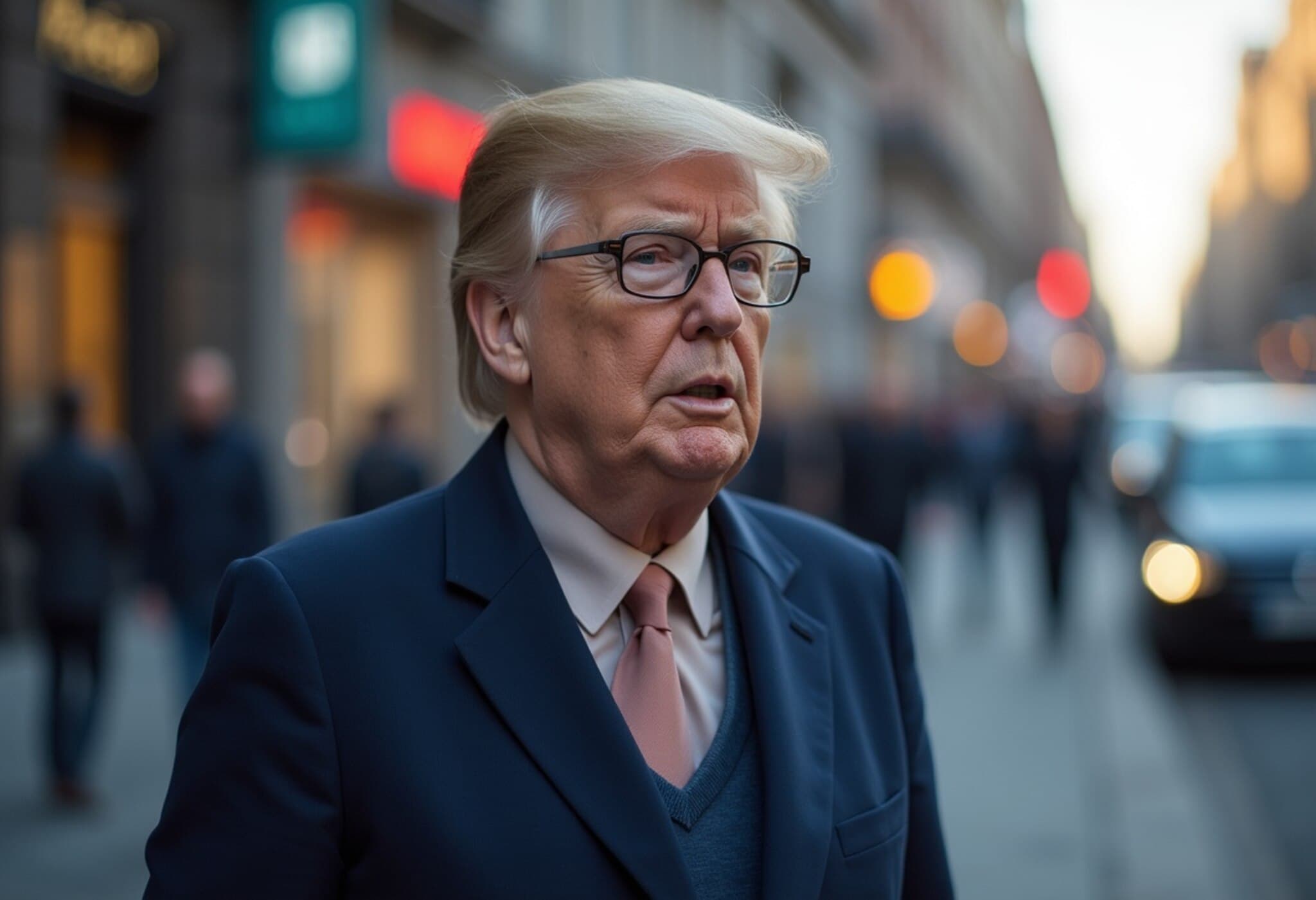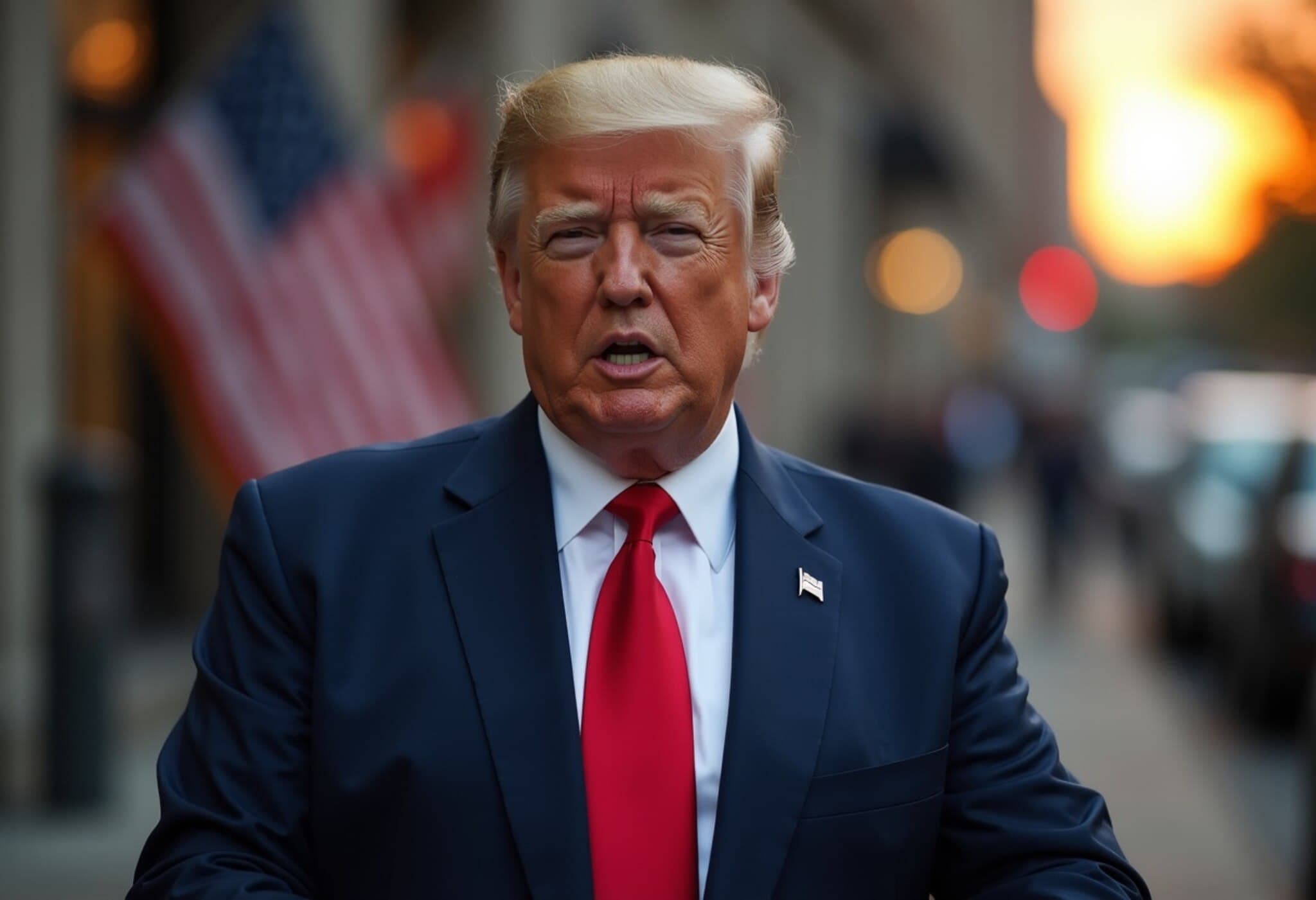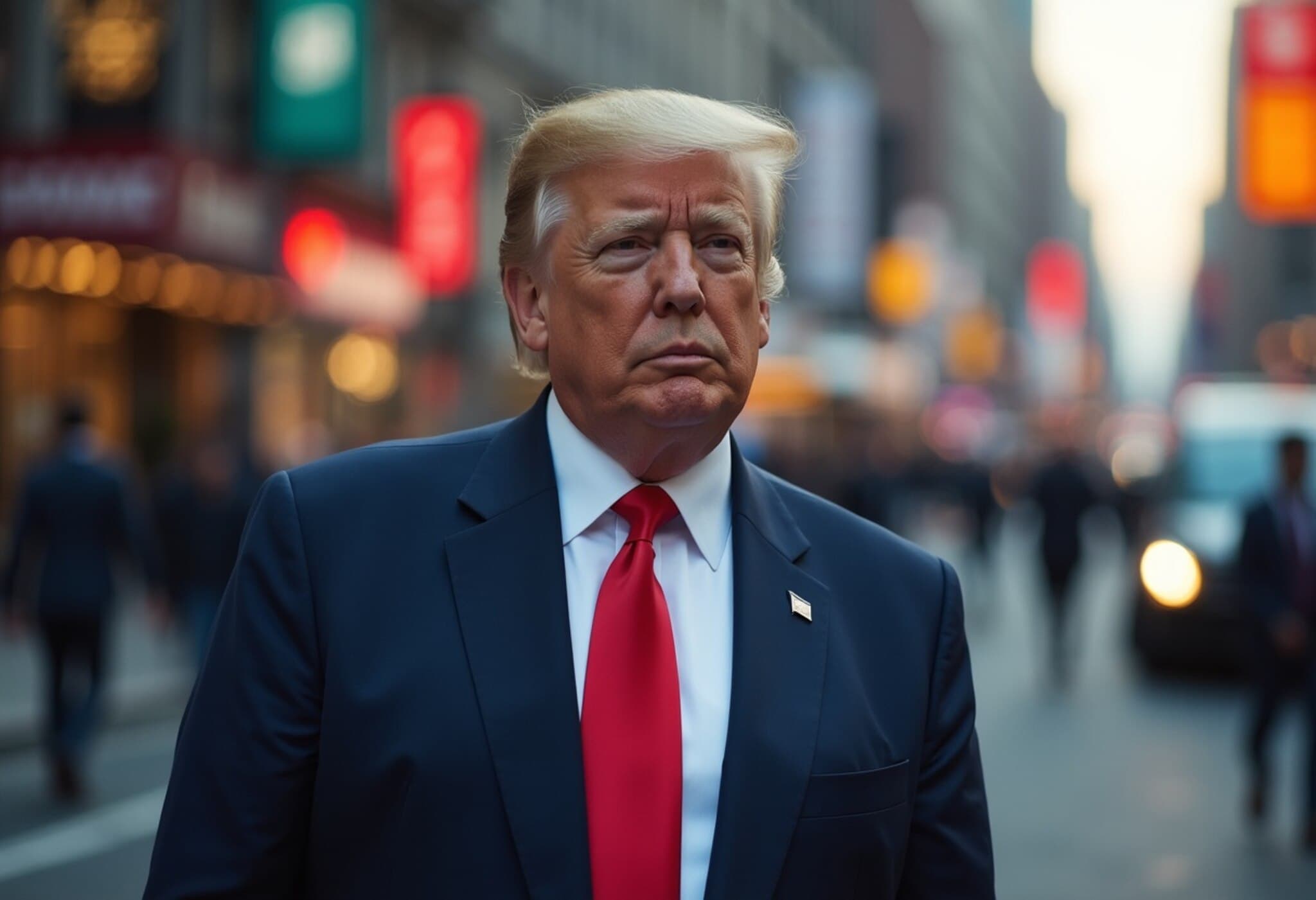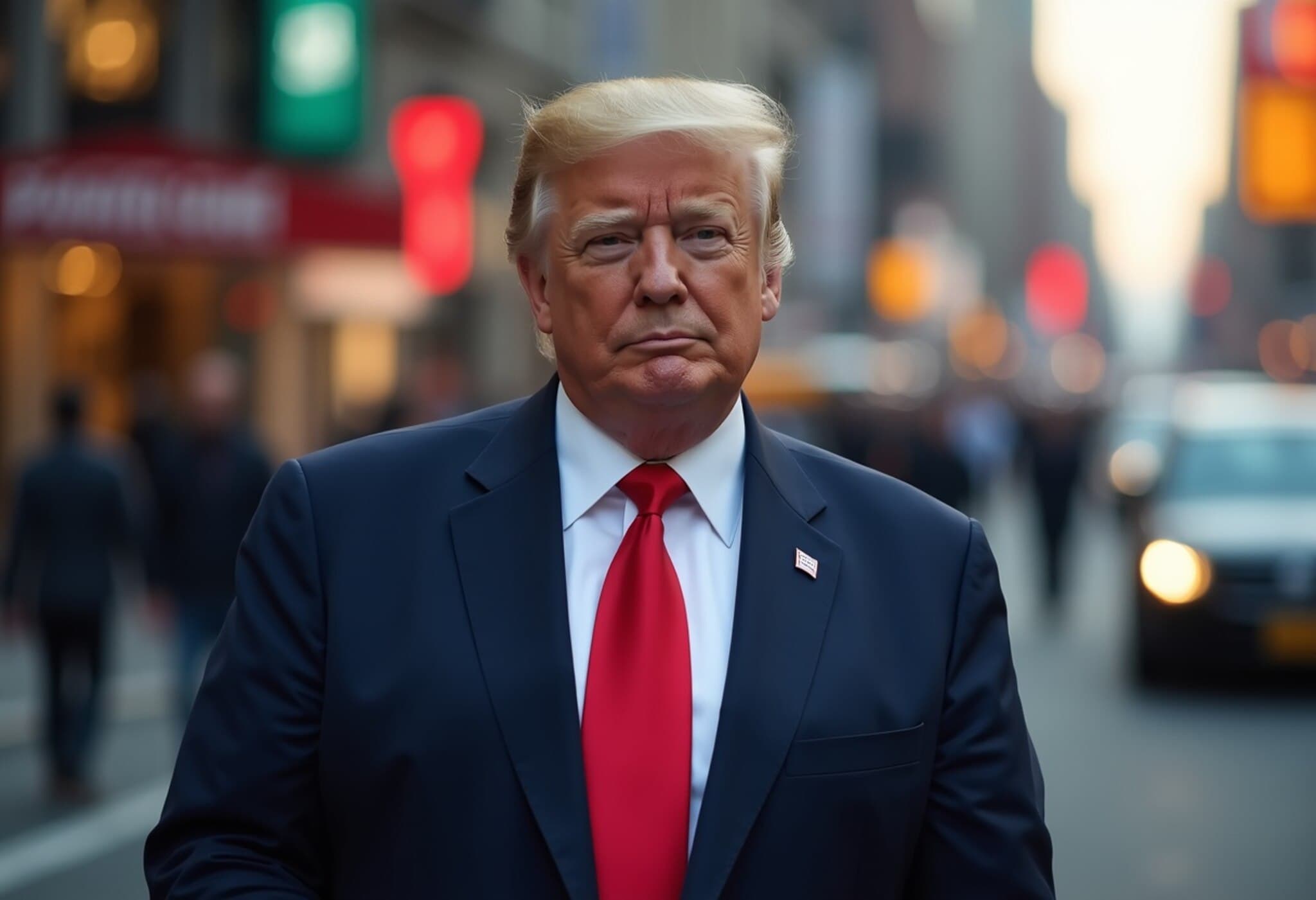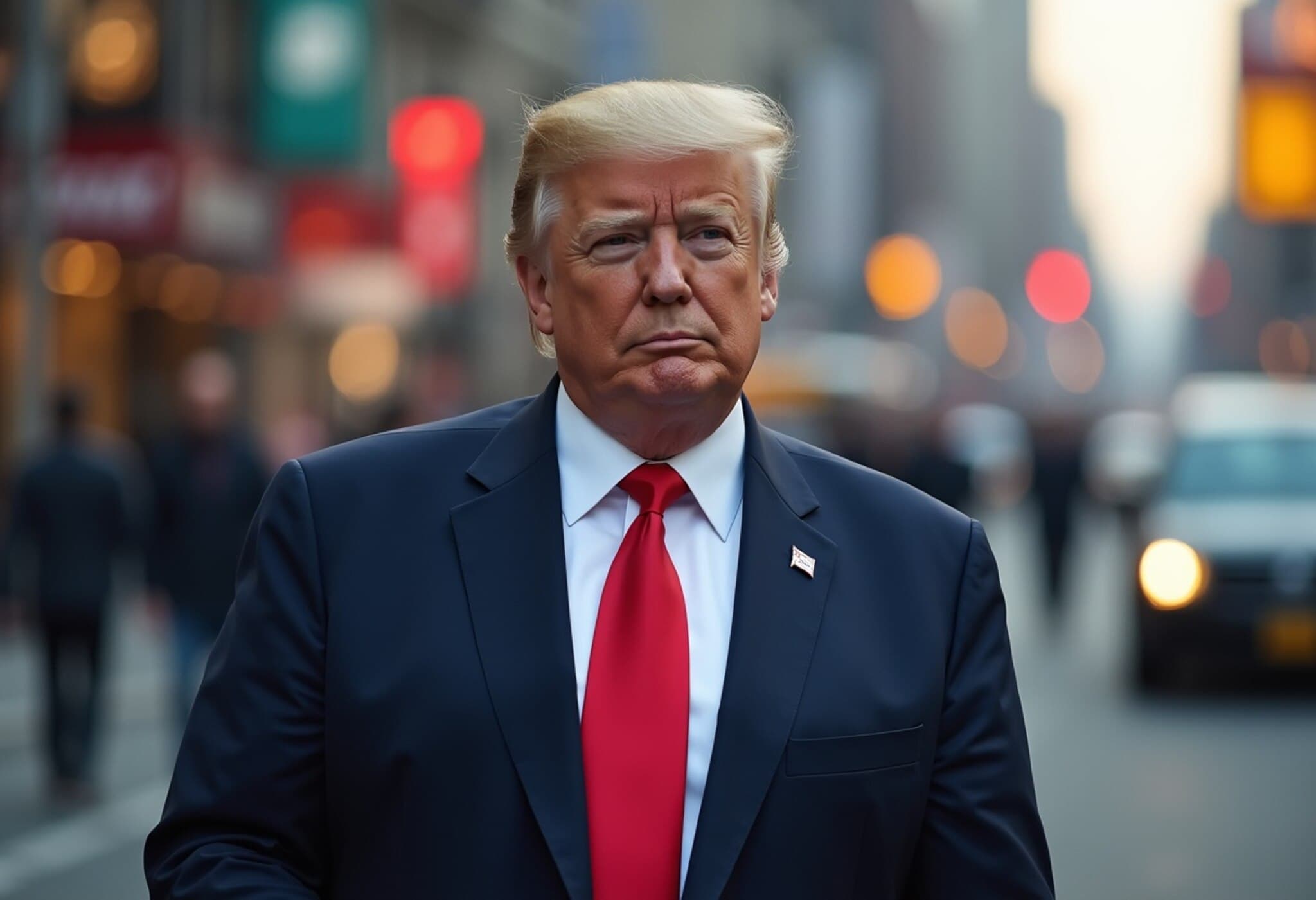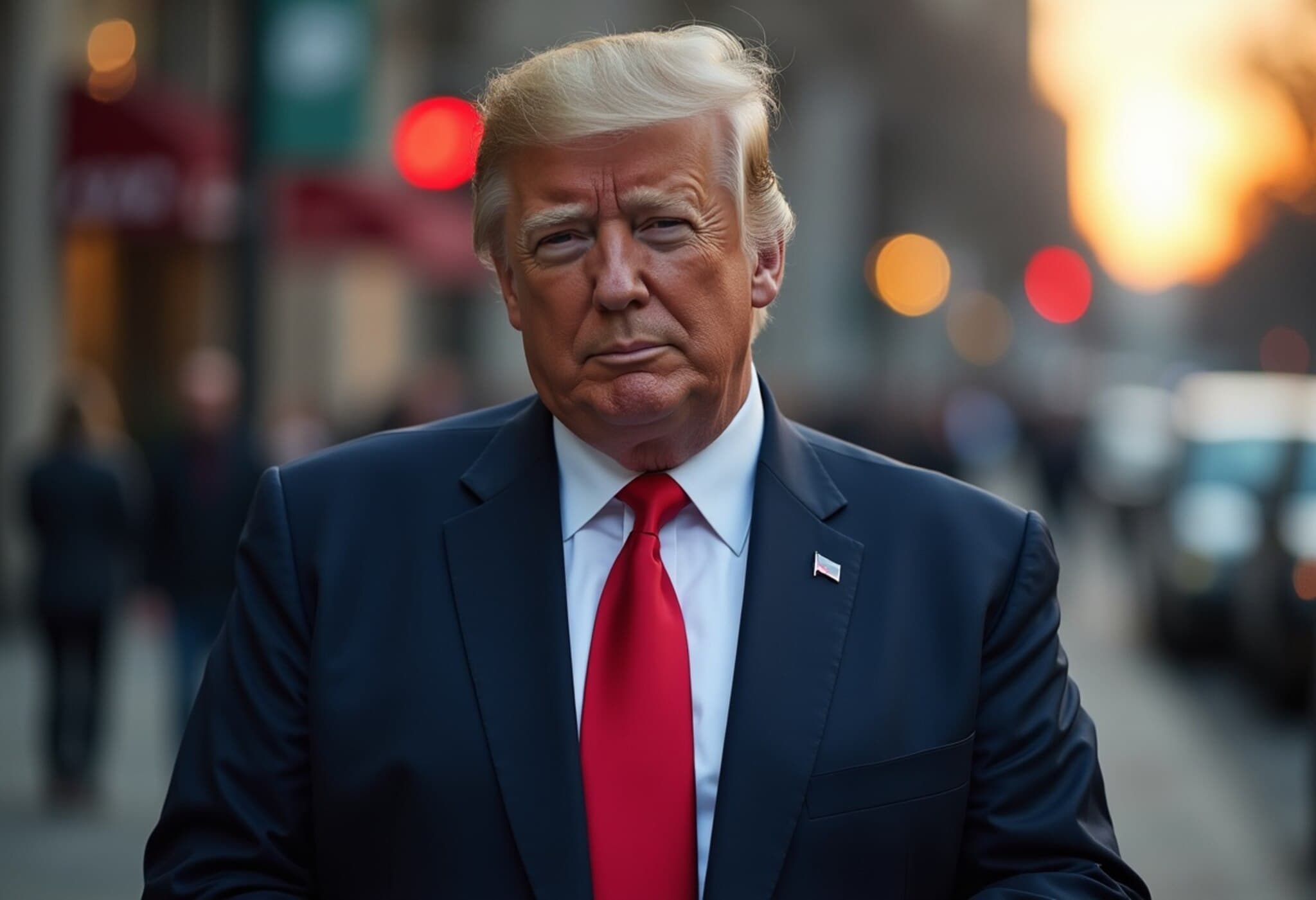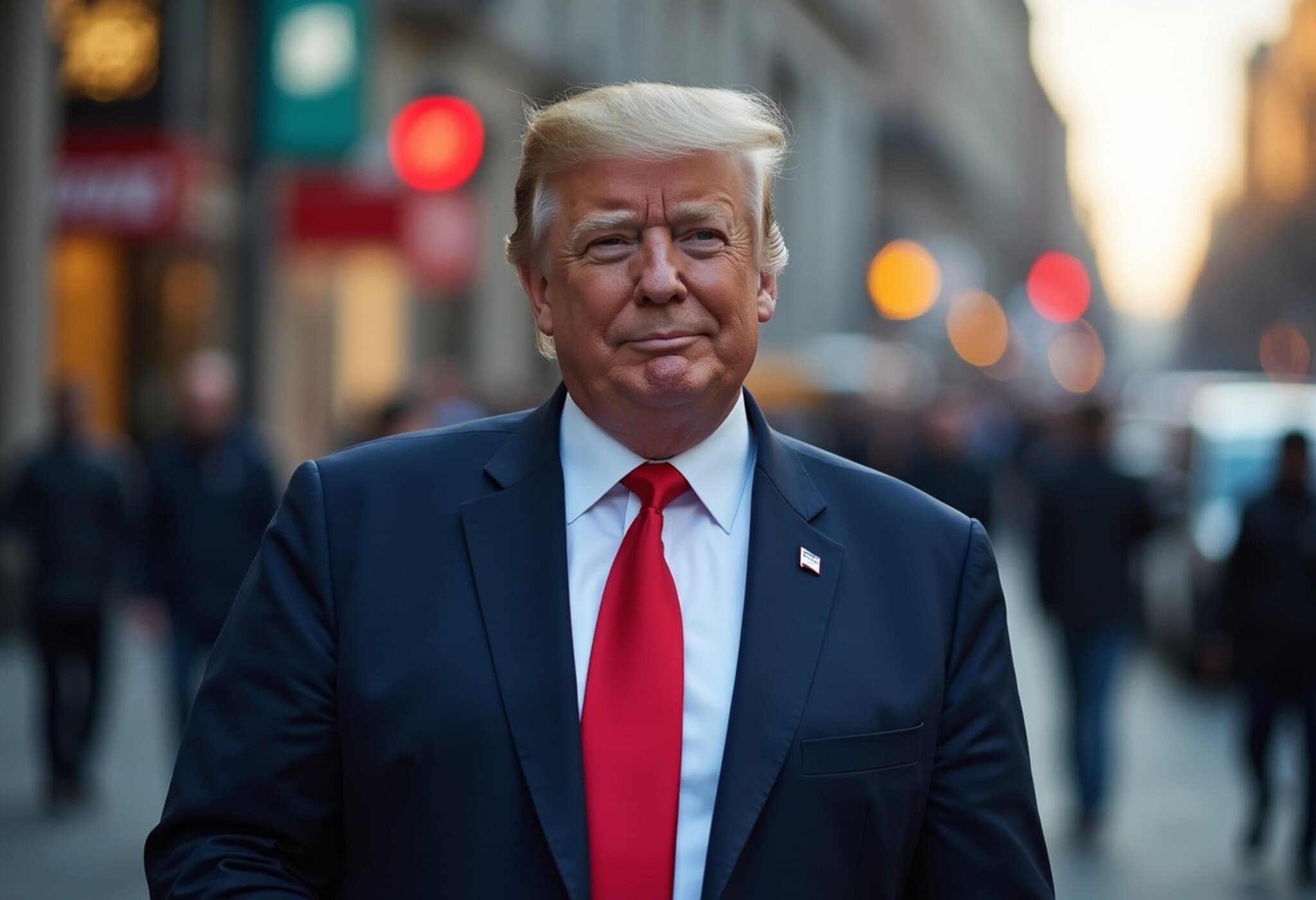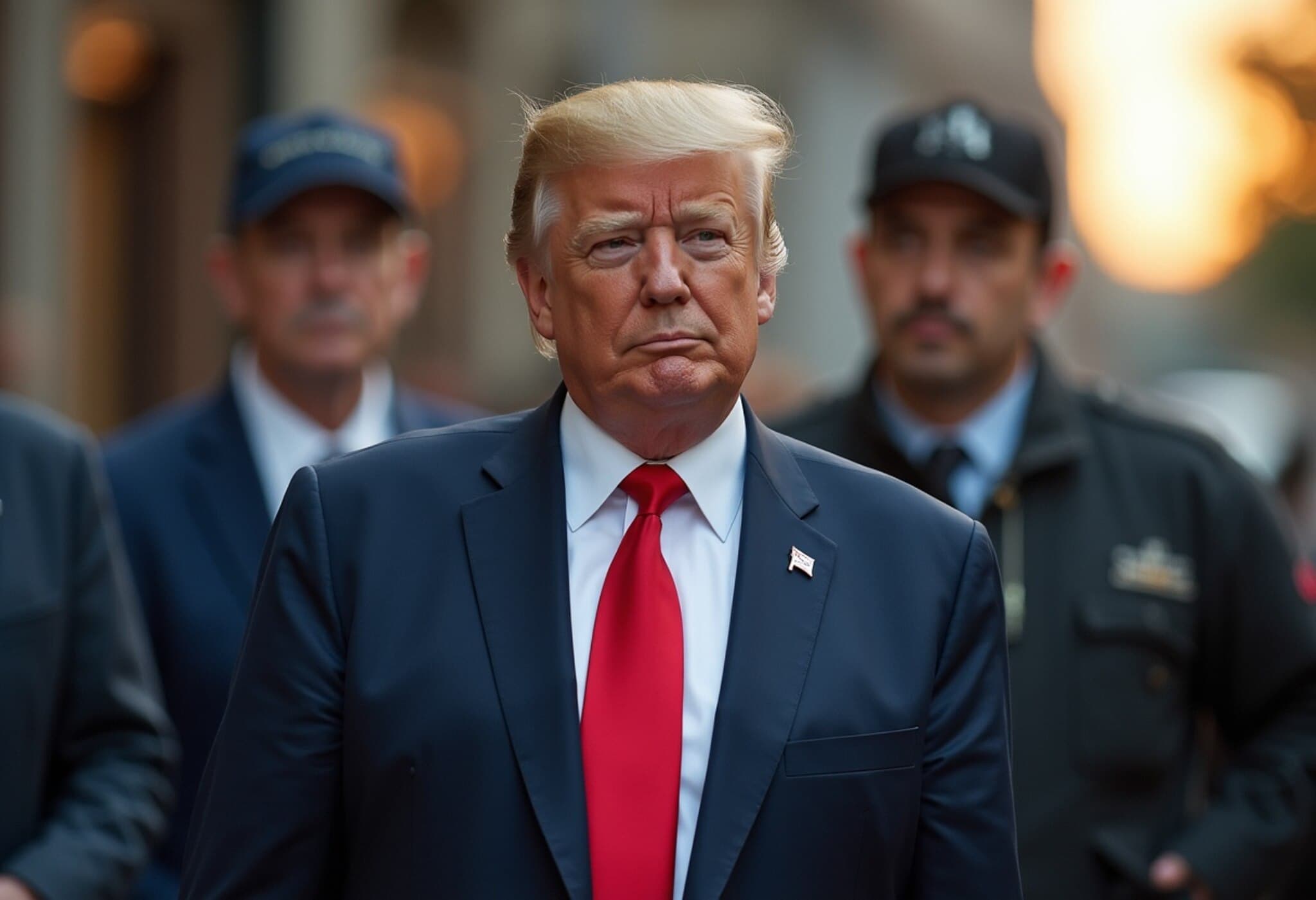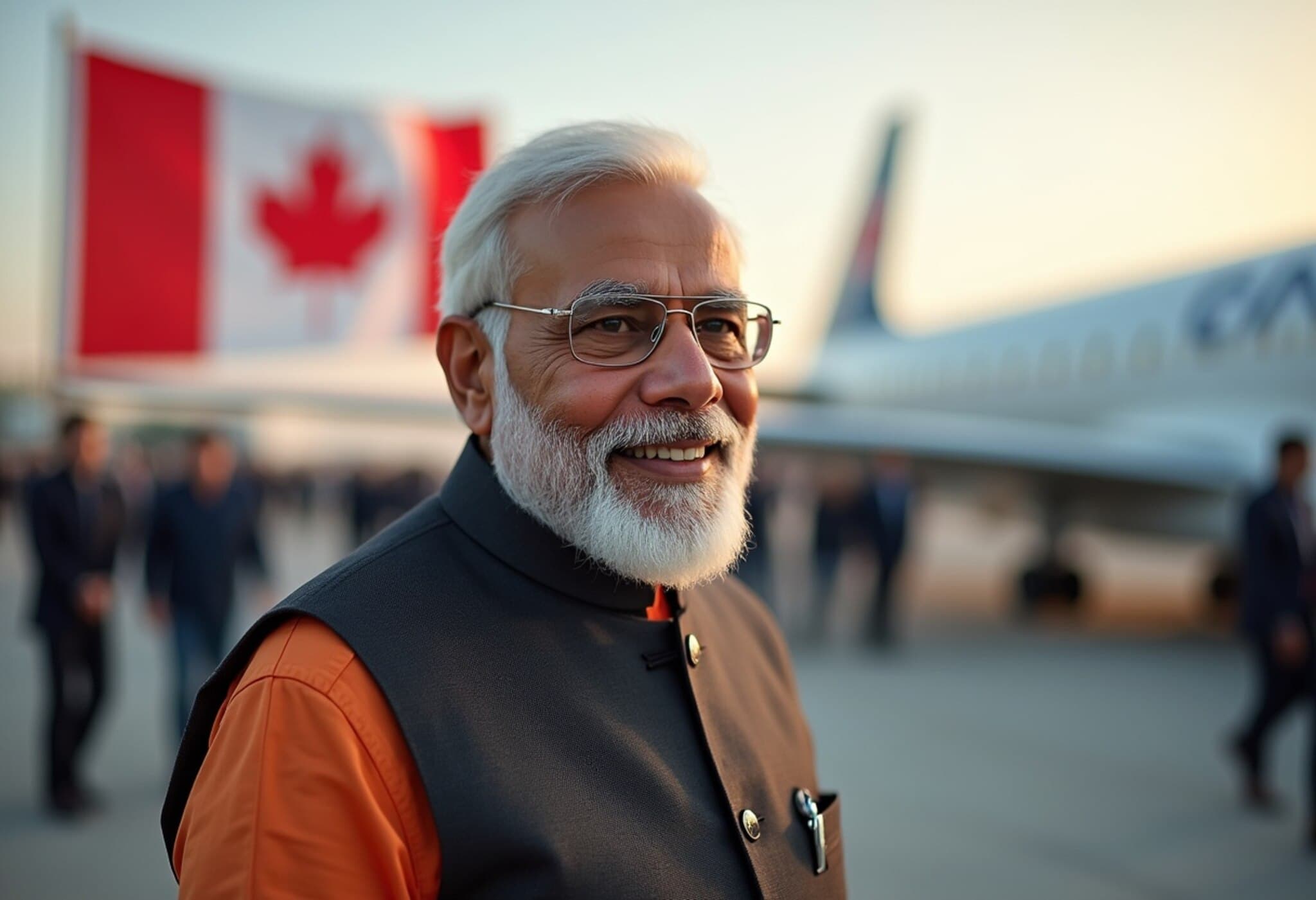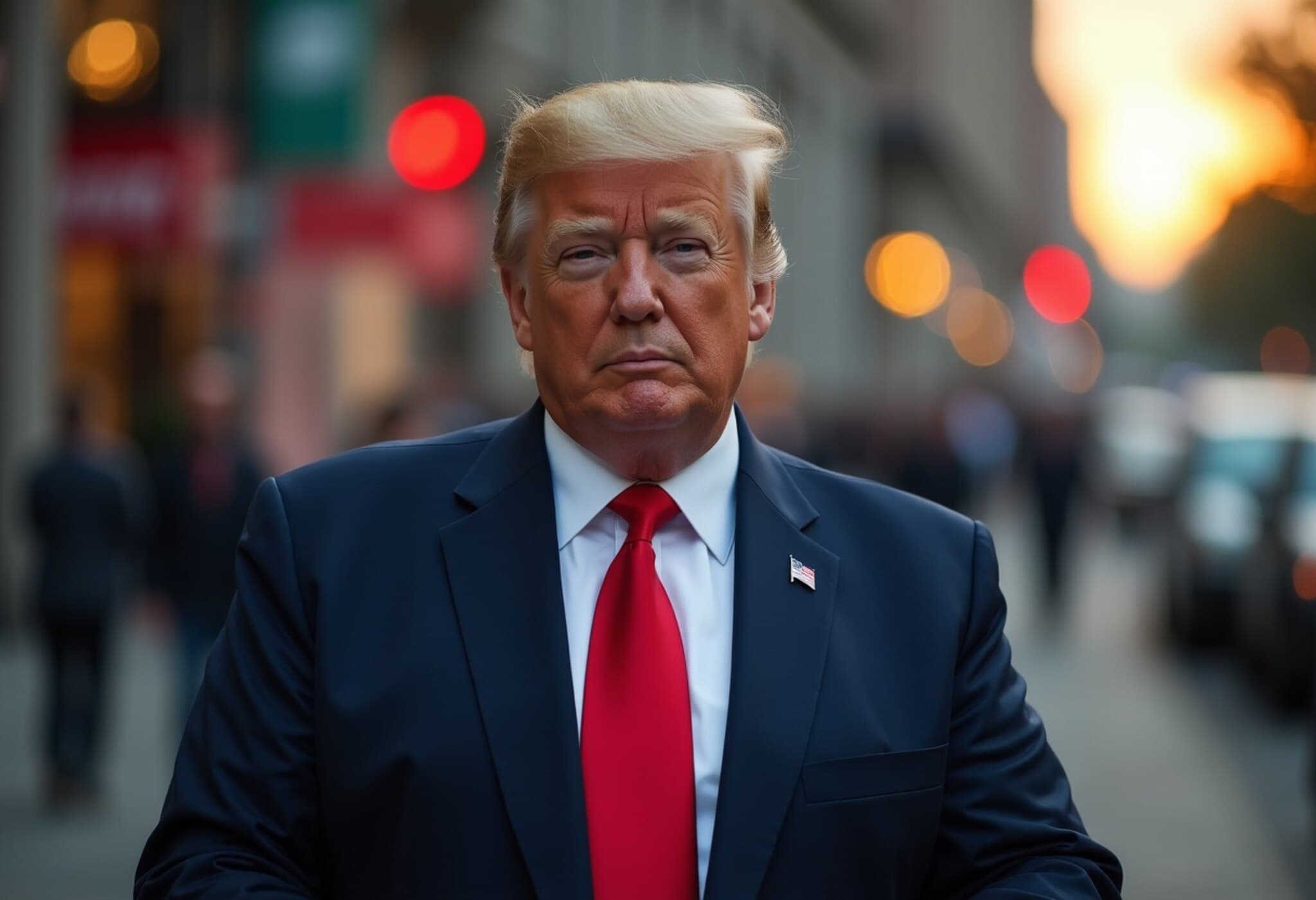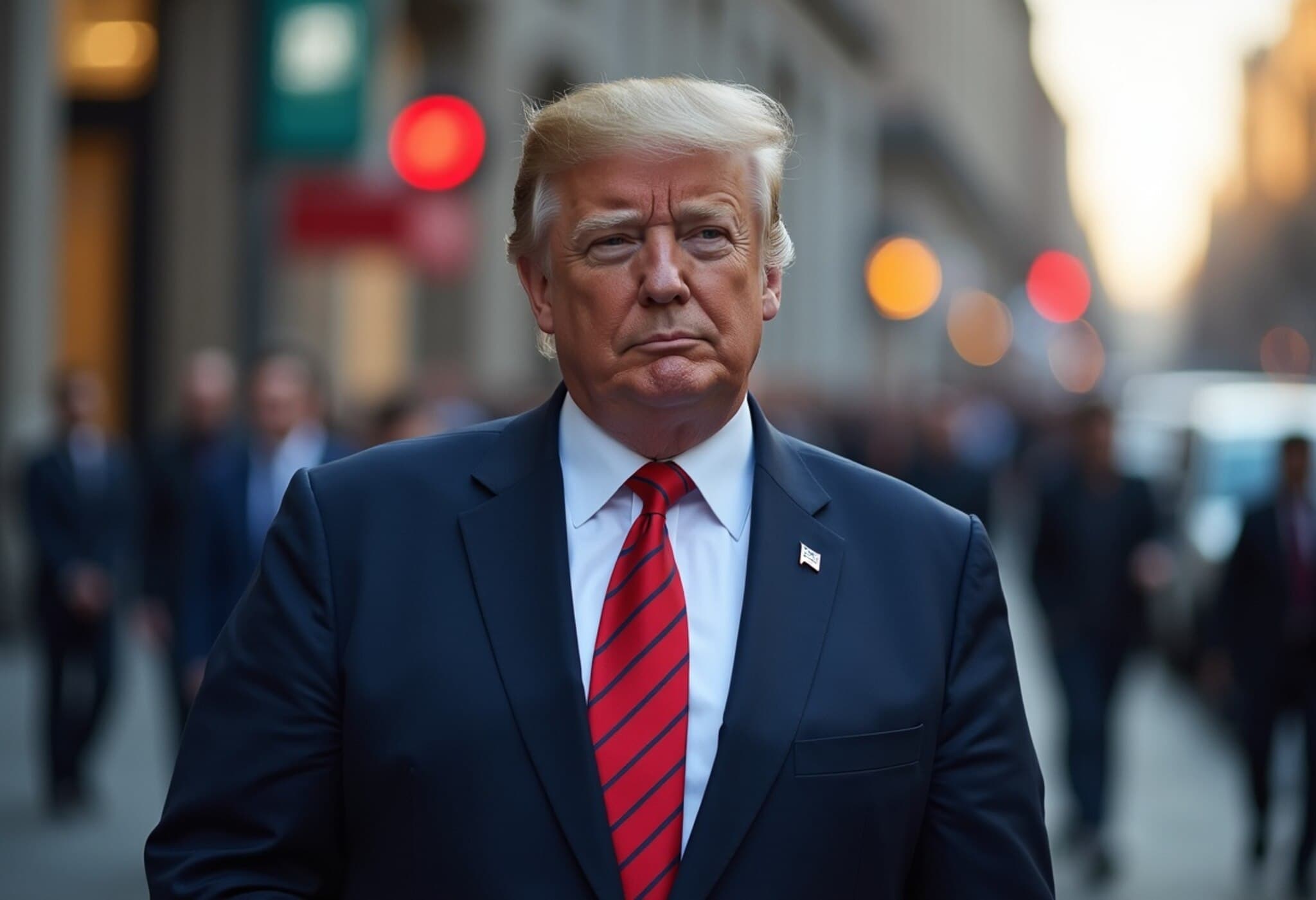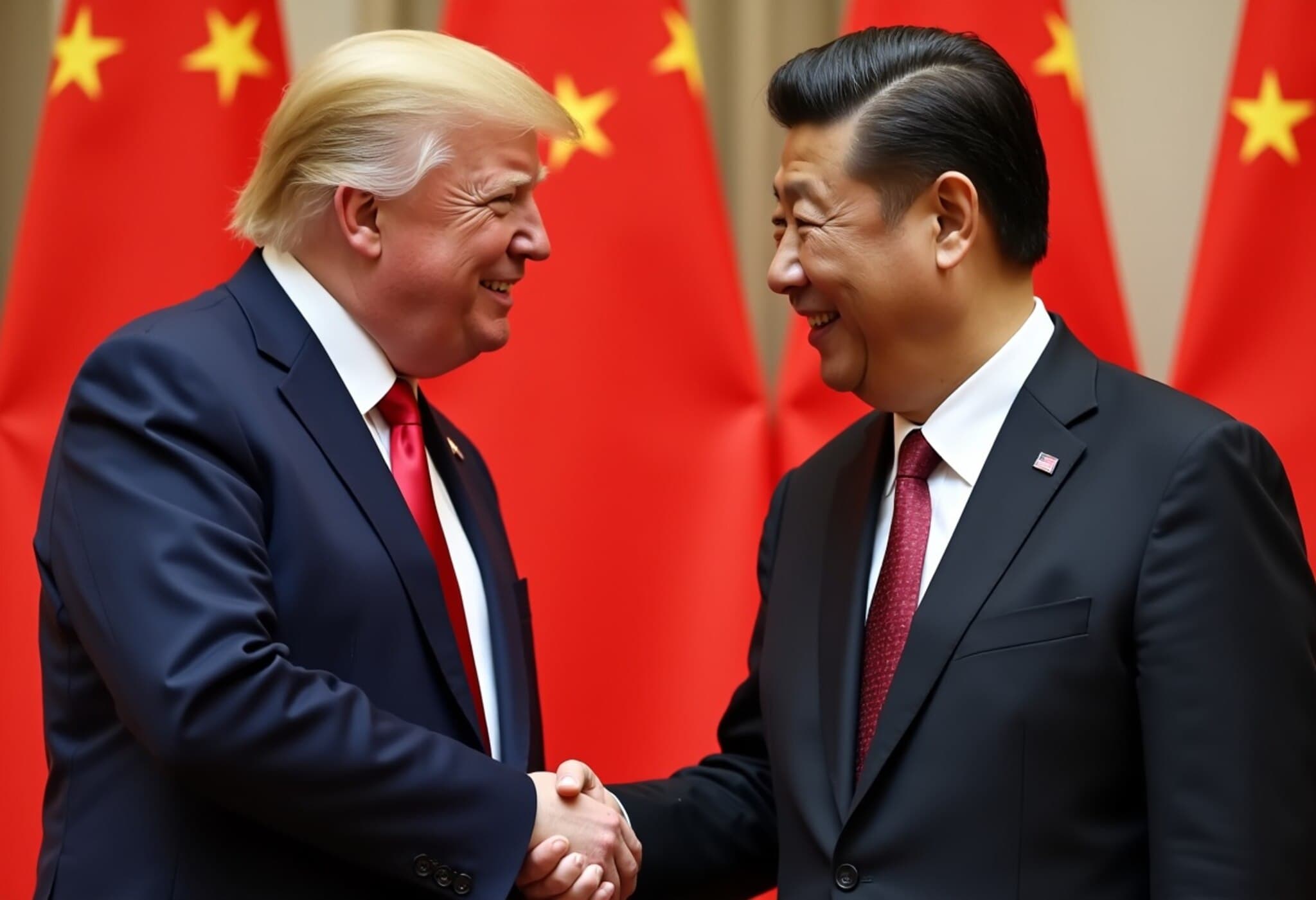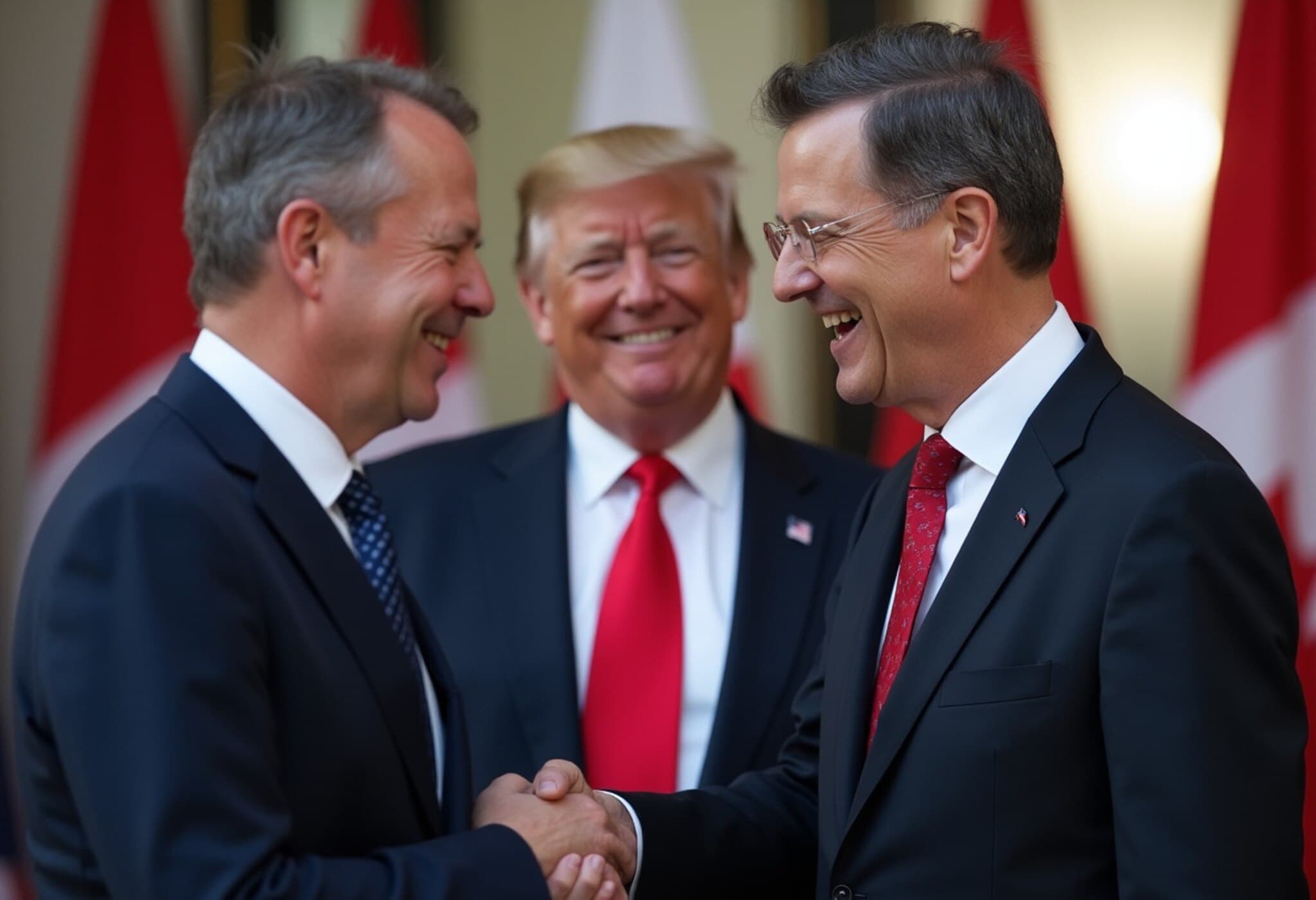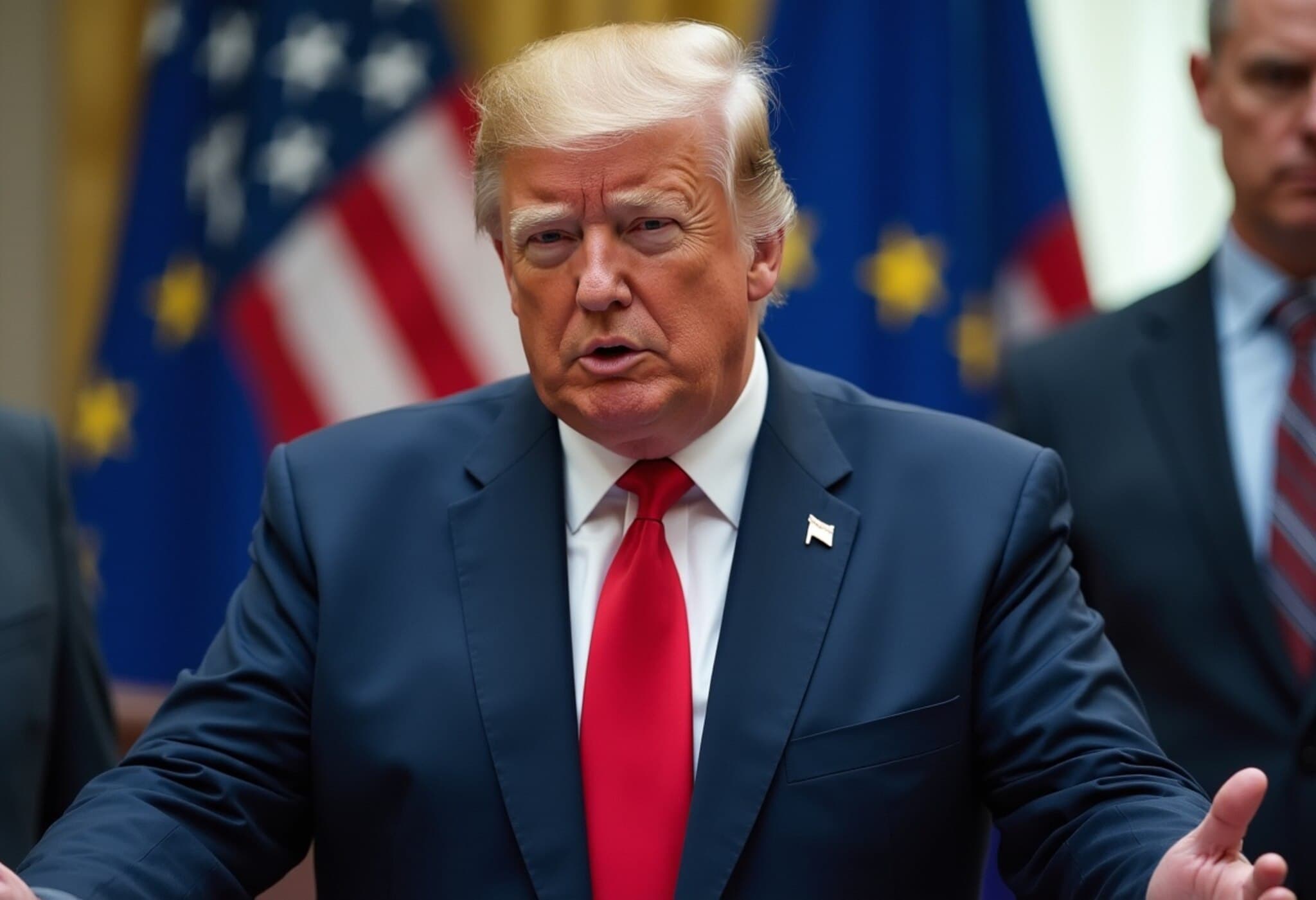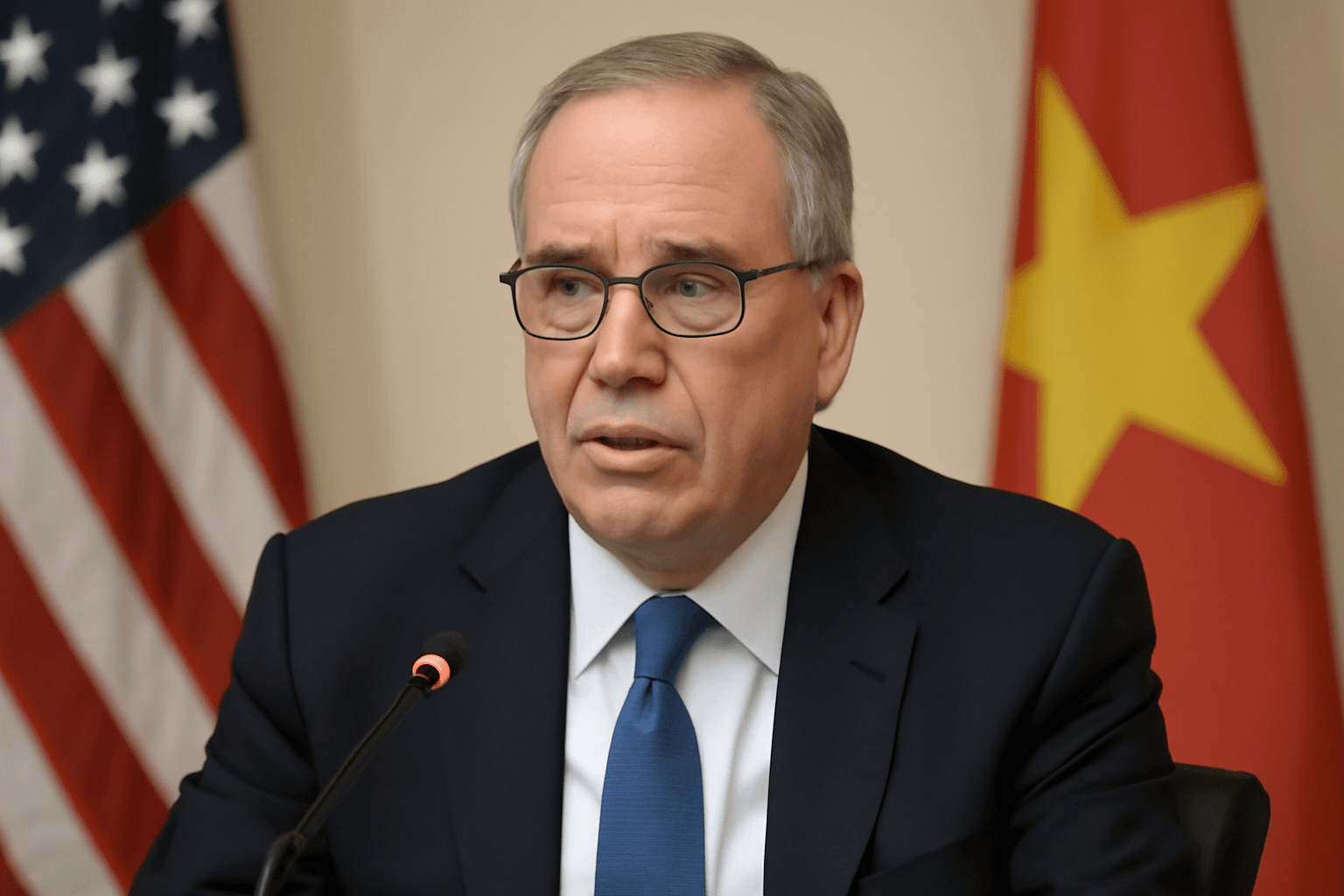EU Extends Suspension of Tariff Retaliation in Bid to Ease US Trade Strain
In a critical move that underscores the fragile state of transatlantic trade relations, the European Union has announced an extension of its pause on retaliatory tariffs against the United States, even as US President Donald Trump raised the threat of imposing steep new levies.
Trade Tensions Flare as Trump Threatens 30% Tariffs
On Saturday, President Trump unveiled a plan to impose a sweeping 30% tariff on all goods imported from the European Union starting August 1, substantially escalating trade friction. This proposed tariff would stand separate from existing duties targeting particular sectors, heightening worries of a full-blown trade war between the world's largest economies.
EU's Strategic Patience Reflects Desire for Negotiated Solution
European Commission President Ursula von der Leyen, speaking on Sunday, reaffirmed the EU’s commitment to dialogue over conflict. "We have always been clear that we prefer a negotiated solution," she said, emphasizing diplomacy over retaliation amid mounting pressure.
Von der Leyen announced a delay in retaliatory tariff actions that were originally set to expire on Monday. The EU had previously suspended an initial €21 billion ($24.6 billion) package of retaliatory tariffs in a bid to facilitate talks after the US imposed tariffs on steel and aluminium imports.
Potential for Broader EU Countermeasures Looms
In addition to the suspended tariffs, the EU is contemplating a significantly larger set of countermeasures targeting approximately €72 billion of US imports. Although the comprehensive list has not been publicly disclosed and requires unanimous approval from EU member states, the scale of potential actions signals deepening economic friction.
Anti-Coercion Instrument: A Contingency Tool
When questioned about activating the EU’s Anti-Coercion Instrument — a mechanism designed to counter external pressure on the EU’s policies through trade and investment restrictions — von der Leyen stated, "The instrument is created for extraordinary situations. We are not there yet."
This caution highlights the EU’s strategic restraint, reserving more severe responses as a last resort while continuing to leave the door open to constructive engagement.
Expert Perspectives: What This Means for Global Trade
Trade analysts warn that escalating tariffs could disrupt global supply chains, increase costs for businesses and consumers, and slow economic growth amid fragile recovery from the pandemic. The US rationale cited concerns over fair trade and national security, while the EU emphasizes rules-based trade and multilateralism.
From a policy standpoint, this standoff tests the resilience of international trade agreements and the efficacy of diplomatic negotiation in resolving complex economic disputes. For American businesses and exporters, sudden tariff hikes risk supply interruptions and price volatility, prompting calls for clearer communication and stable trade frameworks.
Looking Ahead: The Stakes for US-EU Relations
The coming weeks will be critical as both sides assess whether they can bridge their differences or risk spiraling into a protectionist spiral. As global economic uncertainty persists, the necessity for cooperative trade policies that balance national interests with global stability has never been more apparent.
Editor’s Note:
While the EU’s decision to extend the tariff moratorium signals a willingness to avoid immediate escalation, the looming threats from the US underscore unresolved tensions that could reshape international trade norms. Readers should watch how these developments impact supply chains, consumer prices, and geopolitical alliances in the months ahead. Can diplomacy prevail in the face of growing economic nationalism? The answer has profound implications not only for the US and EU but for the entire global economic order.

